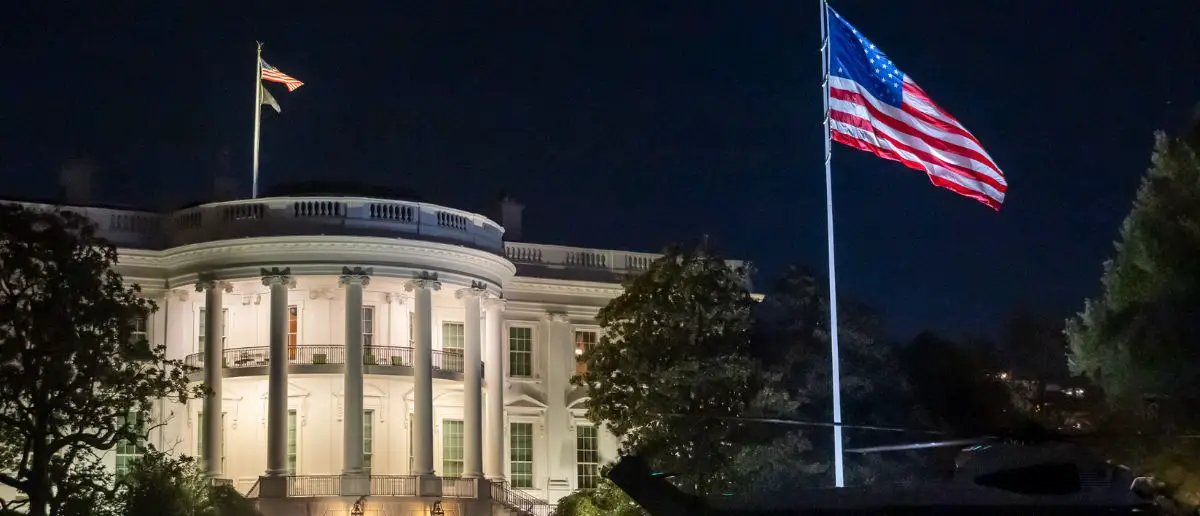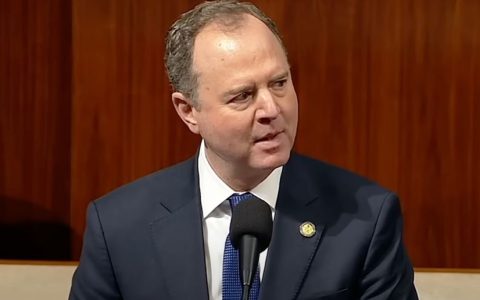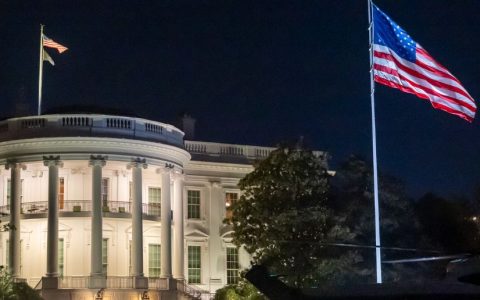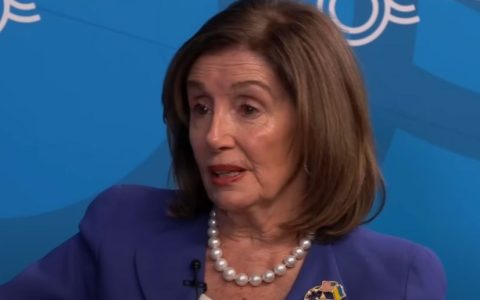
White House officials are going rogue. They’re telling the truth about the current admin.
As Biden-Harris handlers have made an insane confession about the President and VP.
Despite President Joe Biden’s repeated assurances that a ceasefire between Israel and Hamas could be imminent, U.S. officials are reportedly beginning to acknowledge privately that securing a deal before the end of his term may be unattainable.
The conflict, which escalated following Hamas’ attack on Israel on October 7, has thrown the Middle East into deeper turmoil, compelling the Biden-Harris administration to pursue diplomatic avenues to end the violence and ease regional tensions. Although Biden has frequently expressed optimism about a ceasefire, hinting that an agreement was close, these efforts have largely fallen short. According to sources with direct knowledge who spoke to The Wall Street Journal (WSJ), U.S. officials are now increasingly doubtful that a deal can be secured given the significant obstacles between Israel and Hamas.
“No deal is imminent,” a U.S. official told the WSJ. “I’m not sure it ever gets done.”
Publicly, the administration continues to maintain that a ceasefire agreement is still possible, though frustration with Hamas’ stance in negotiations has been evident. A senior administration official indicated in early September that “90 percent” of the deal had been agreed upon, a point White House spokesman John Kirby reiterated during a press briefing.
Former State Department official Gabriel Noronha, however, pointed out to the Daily Caller News Foundation that the final details of such agreements are often the most challenging to resolve. He emphasized that the remaining issues, such as whether Israel should retain a military presence in Gaza, are the most difficult to settle.
“Generally, you take care of the easier-to-agree items first, and the last items are the ones that are the hardest,” Noronha explained.
Despite Biden’s continued optimism over the past few months, including remarks in late August that he was “optimistic” about a near-term deal, the reality on the ground appears to be more complex. Biden had previously suggested that the negotiations were closer than ever, urging patience as talks progressed.
Biden’s insistence on the urgency of a ceasefire dates back months. In May, he proposed a deal that has yet to be accepted. Earlier in the year, he predicted a ceasefire could be reached within days, but those predictions have not materialized.
In recent months, the tone among U.S. officials has grown more pessimistic, with many attributing the stalled negotiations to Hamas’ inflexibility and unrealistic demands. According to the WSJ, Hamas has often introduced new conditions even after previous terms had been agreed upon, leading to further rejections.
On Wednesday, National Security Adviser Jake Sullivan met with the families of the remaining American hostages in Gaza, providing updates on the negotiation status. However, the families expressed frustration with the slow progress, stressing the need for broader efforts to secure a deal.
Complicating the situation further are Israel’s tensions with Iran and Hezbollah in Lebanon, both of which have engaged in clashes with Israel since the conflict began. Recent targeted attacks by Israel on Hezbollah have heightened the risk of retaliation, adding another layer of complexity to the ceasefire talks.
“There’s no chance now of [a deal] happening,” an Arab official told the WSJ, particularly after the recent events in Lebanon. “Everyone is in a wait-and-see mode until after the election. The outcome will determine what can happen in the next administration.”
Given the deep divisions between Israel and Hamas, and the additional complications posed by Hezbollah and Iran, the Biden-Harris administration faces significant challenges in facilitating a ceasefire. Noronha suggested that achieving a deal before the election or even before January seems unlikely.
“They’re probably not going to get one before the election, or before January either. But that’s not on them, per se. It speaks to the difficulty of how far apart [Israel and Hamas] are,” Noronha stated.
Nevertheless, a ceasefire in Gaza would represent a major achievement for Biden’s foreign policy and could open the door to broader peace talks in the region, including potential diplomatic relations between Israel and Saudi Arabia. However, Saudi Arabia has made it clear that such relations would require Israel to agree to a two-state solution with the Palestinians.
For now, U.S. efforts remain focused on brokering negotiations between Israel, Egypt, Qatar, and Hamas, despite the growing challenges. As Kirby noted on Wednesday, “We have run into some resistance. And we’re just not … any closer today than we were a few days ago.”
Stay tuned to the DC Daily Journal.





